- Home›
- Healthy Living›
- 6 Diet Changes You Need To Adopt If You Are Pre- Diabetic
6 Diet Changes You Need To Adopt If You Are Pre- Diabetic
By: Kratika Maheshwari Sat, 12 Nov 2022 11:03:00
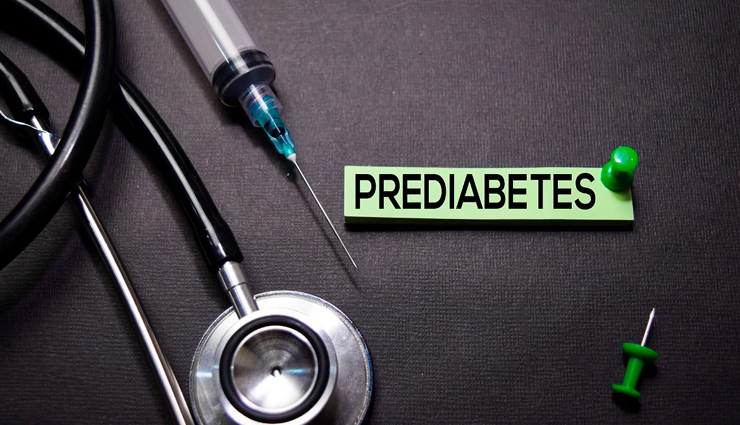
You may have heard the term before from your doctors or from family members around you. But, what does being pre-diabetic mean? It refers to a condition where one’s blood sugar is higher than the normal range but not high enough to be classified as type 2 diabetes. Pre-diabetic people are at a higher risk of developing full-blown diabetes. If you’re pre-diabetic, it’s all the more important that you take these diet changes seriously.
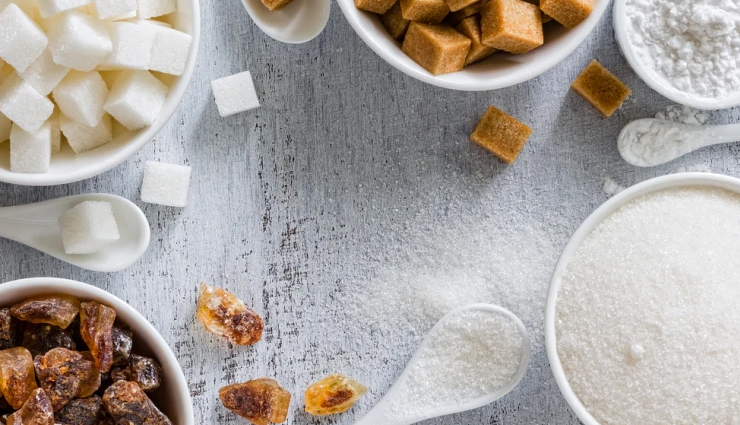
# Eliminate Added Sugar
It seems obvious but this is one of the most important things you can do. Things like your daily coffee, tea, lemonade, soft drinks or blended coffee flavored drinks can pack a whole lot of sugar. Stay away from those tempting packaged sweet treats as well. These are empty calories with almost no nutritional value. Stick to whole fruit and plain water.
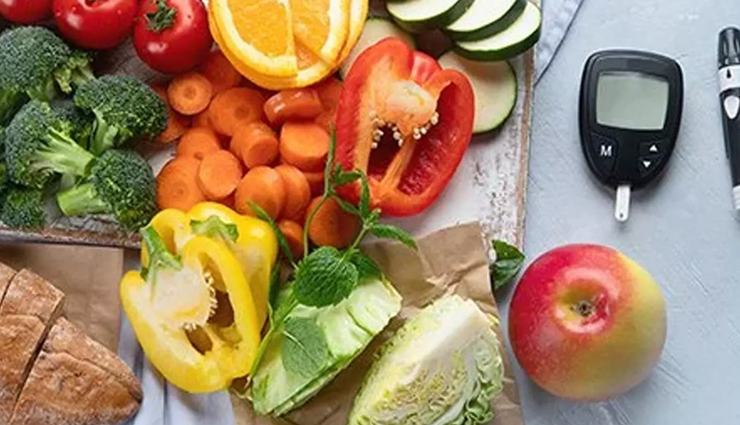
# Choose Low GI Foods
Choose foods that are low on the glycemic index because they won’t cause an immediate spike in blood sugar levels. The higher the food is on the glycemic index, the worse they are for you. Things like white bread, white rice, and pasta, cause an immediate rise in blood sugar levels so it’s a good idea to stay away. Instead choose complex carbohydrates like whole wheat products, quinoa, and steel-cut oats.
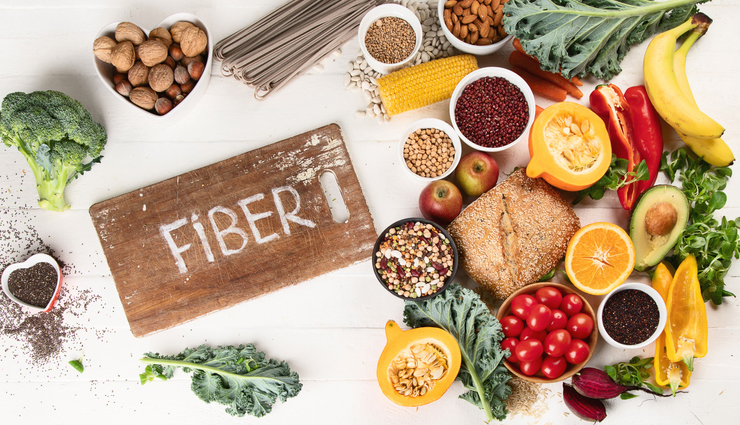
# Fill Up On Fiber
Other than helping gut health, fiber can help in a number of ways. It helps to bulk up your diet so you won’t over-eat as you normally would. It also helps to keep you full for longer without spiking your blood sugar.
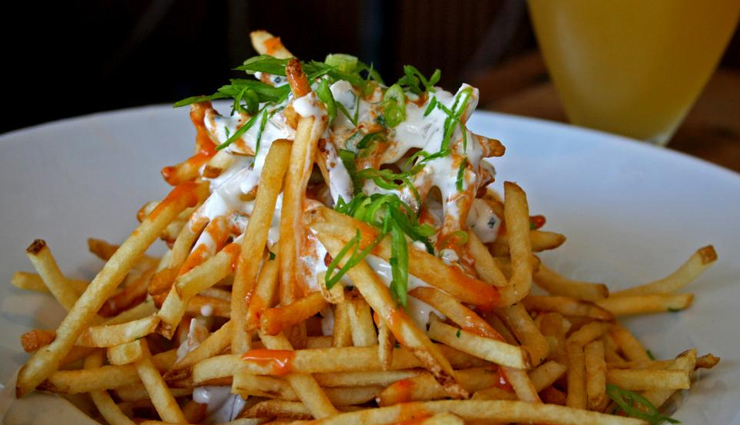
# Cut Out Transfats
It goes without saying that those heavy fast-food meals need to leave. So are processed meats like bacon, ham, and other deli-style meats. Again these are empty calories that you don’t need. Of course you do need fats in your diet but try to get them from other healthy sources like nuts, olive oil, avocados and oily fish.
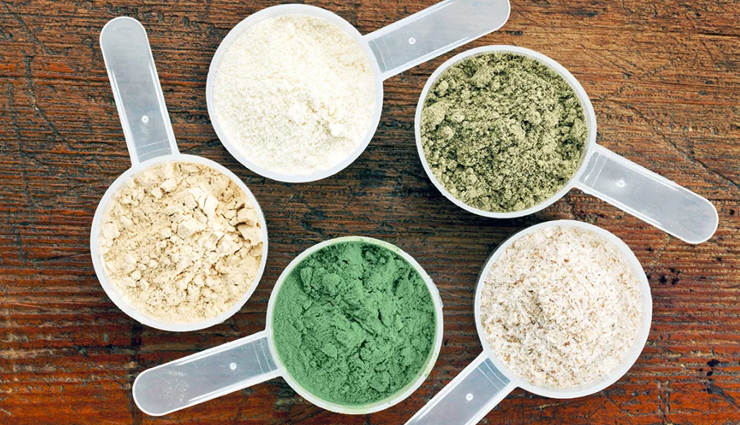
# Choose The Right Proteins
Lean meats, oily fish, tofu, and eggs are all great choices. Cook them with a reduced amount of fat and salt and use spices to add flavor instead. If you’re eating chicken, make sure it’s with the skin off. Bulk up your meals with vegetables instead of carbs.
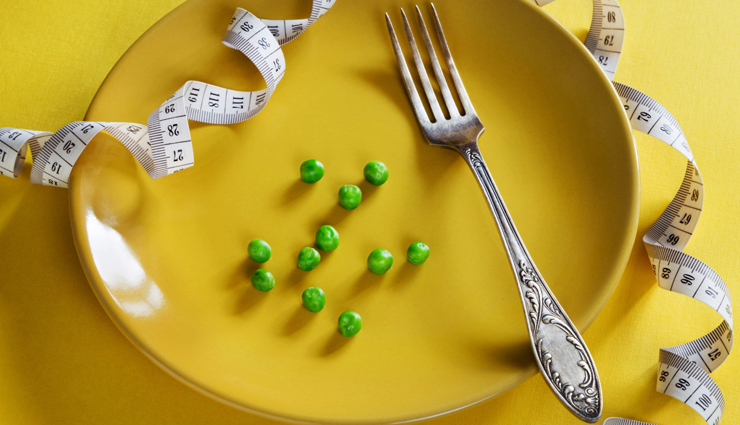
# Cut Down On Portions
Most often we ignore that little line on our nutrition labels that says serving size. Try putting less on your plate when you eat your meals. At restaurants, ask if you could split a dish with someone else or take half of it home in a doggy bag.





